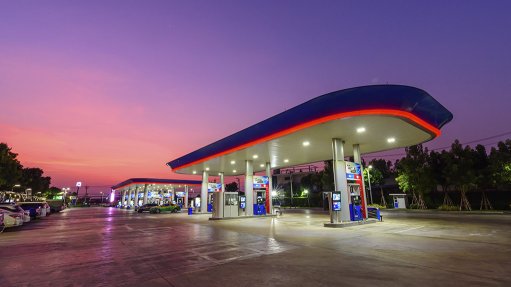
New regulations regarding Petroleum Products Specification and Standards have been gazetted
Photo by: Adobe
Industry body the South Africa Petroleum Industry Association (Sapia) says in a statement that it has received confirmation from the Department of Mineral Resources and Energy (DMRE) that the new regulations regarding Petroleum Products Specification and Standards have been gazetted.
These Petroleum Products Specification and Standards mandate the use of ultra-low sulphur petrol and diesel products from September 1, 2023.
“Sapia notes the gazetting of these regulations with great concern. Despite assurances by the department, these regulations have been gazetted before consultation with respect to the necessary refinery upgrade being concluded,” the industry body states.
It adds that the very short timeframe provided for implementation is impossible to meet, and will likely render the country’s refinery fleet obsolete within two years, making the country wholly dependent on imports for its liquid fuels.
“This is going to raise considerable questions about the security of supply of products, resulting in a negative trade balance,” Sapia warns.
It notes a further consequence of these regulations as tens of thousands of jobs being placed at risk. Sapia says this includes jobs in refineries, as well as the industries associated with refineries – those that supply services to the plants and those that rely on the production of speciality products from these plants.
Sapia has started consultations with the DMRE, with a view to propose amendments to the regulations so that a “mutually acceptable and possible implementation date is obtained”.
These consultations will also include obtaining a suitable financial framework to promote the necessary investments to upgrade the refiners, Sapia says.